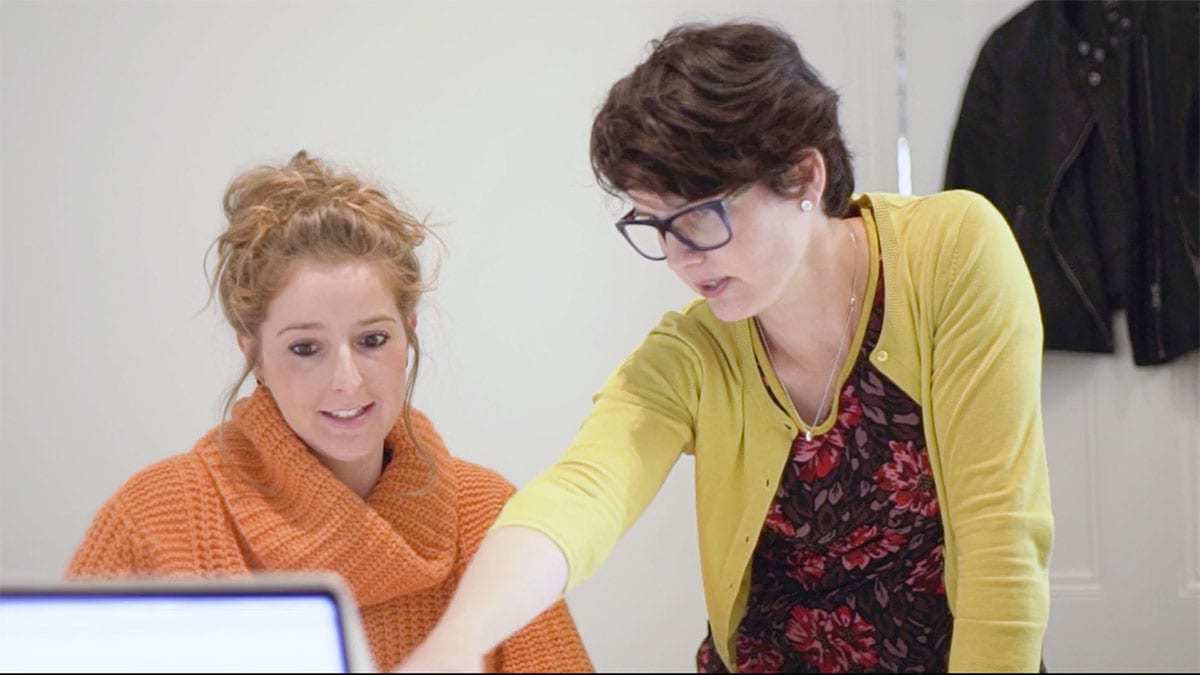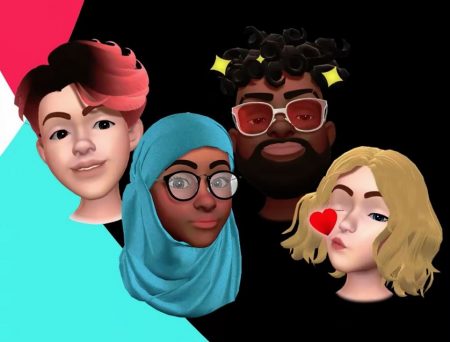March is Women’s History Month, a time to look back and commemorate how far women have come throughout history and to celebrate their accomplishments.
For a long time, I have struggled with whether I should write something about this subject as it can be considered “controversial” to some.
Nevertheless, in conjunction with the month, I would like to take this opportunity to highlight the long-standing debate and advocate for more women in tech.
If we as women cannot express our enthusiasm for a career in the industry, how can we expect more women to be involved? As the staggering talent gap shows, the technology industry is in desperate need of workers with the right knowledge and skills.
Although tech companies from around the world say they are making every effort to increase the number of female employees, only 17 to 30 percent of actual tech jobs at some of the biggest companies, including Netflix, Amazon, Uber and Apple are held by women.
There is no clear explanation for this problem. The fact remains that the number of women in tech is still lagging behind. This is not to say that women have something better to add than men. Rather, there is simply too few people with relevant knowledge and skills in the sector.
It’s (not) a man’s world
In order to keep a balanced range of talent in the sector, we must all do our best to secure the interest of people considering a career in the field. It is of the utmost importance that we remind younger generations that tech is not just reserved for the geeks among us. That’s why it is key to expose children to the basics of coding through their education.
It is of the utmost importance that we remind younger generations that tech is not just reserved for the geeks among us. That’s why it is key to expose children to the basics of coding through their education.
Coding and programming require a certain level of accuracy, are used to secure our daily lives and provide solutions for many of today’s biggest problems – children should be prepared to further this field.
In addition to making young people more enthusiastic about tech, it is important we teach them that women are successful in the scientific realm. At the moment, being a female manager in the tech world is considered “abnormal.” When I tell people that I am the CTO of a US hosting company, I typically receive one of two reactions:
- They assume I am not technically skilled
- They express their admiration and pretend I am very special
Neither reaction is ideal, and I personally find them truly upsetting.
On the other hand, I can understand where these responses come from. Even from an early age, we have all been told that boys have more talent for STEM subjects than girls. Think about it, how often have you heard that boys are better at math and girls are better in English? Beyond that, boys traditionally play with cars, LEGOS and robots, while girls are expected to play with dolls. These societally ingrained images of male and female stick with people for their entire life, impacting every industry and the direction that young men and women take when it comes to their careers. Therefore, it is not very surprising that girls ultimately opt out of the STEM subjects.
Forging the pathway to the future
Let’s face it: if we change the perspective of those involved in the tech industry gradually, we will change the world. Tech is synonymous with the future, one that is in the hands of those who are ready to embrace this digital world. It’s a future in which digital transformation ensures that every industry will soon play in the tech space.
Don’t you think it seems a lot more convenient to not exclude half of the workforce in advance?
Don’t get me wrong, in my ideal world, women do not have an edge on men. I am not advocating for special treatment or the adoption of a women’s quota. Instead, I am pleading for skilled labor in every industry, but particularly tech. In order to keep the U.S. economy growing, we can’t just come to the table with only the male half of the population.
As we look toward the future, let’s all think about what we can do in this next year and beyond for young people, perhaps girls in particular, to get them excited about a technical education or career. The ultimate goal is to prepare ourselves for a better future and we need everyone to make that possible.

Women Love Tech would like to thank the author of this story, Svenja de Vos, CTO of Leaseweb















